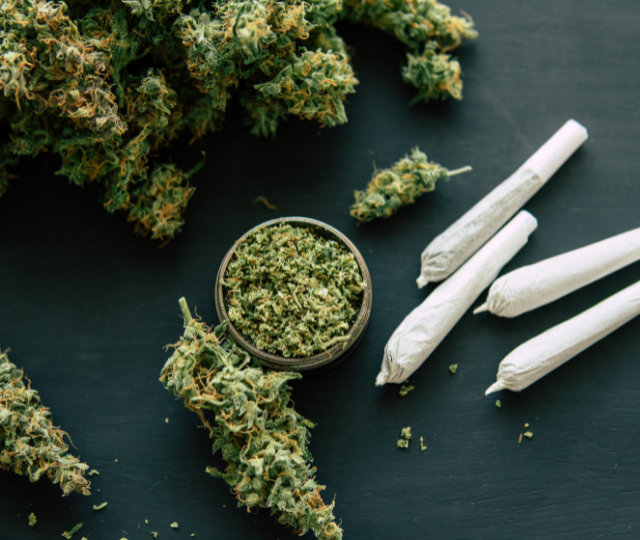Why youth might use cannabis
There are many reasons why someone might choose to use cannabis. Specifically, youth report using cannabis for some of the following reasons:
- To improve or intensify mood
- Enjoyment
- Help cope with stress
- Expand perspective
- Social acceptance
- Boredom
According to the 2023 McCreary Centre Society Adolescent Health Survey, approximately 22 per cent of youth aged 12-17 have ever tried cannabis, with the majority having had smoked or vaped it.














